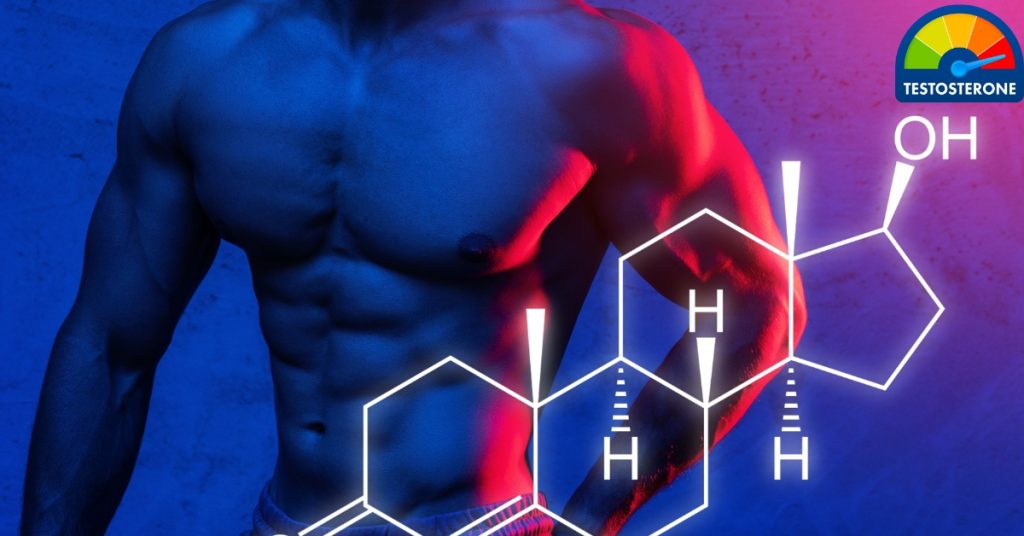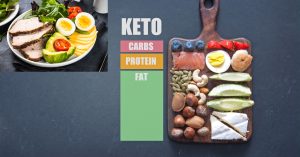Introduction
Testosterone is a crucial hormone in the human body, playing a vital role in various functions such as muscle mass, bone density, libido, and mood regulation. For those looking to enhance their testosterone levels, natural methods are often preferred over synthetic supplements due to their safety and holistic benefits. This blog will explore effective strategies to boost testosterone naturally through diet, exercise, lifestyle changes, and more.
Understanding Testosterone
What is Testosterone?
Testosterone is a hormone primarily produced in the testicles in men and the ovaries in women, although in much smaller amounts in women. It is essential for developing male physical characteristics and plays a significant role in overall health and well-being.
Functions of Testosterone in the Body
- Muscle Mass and Strength: Testosterone helps increase muscle mass and strength by enhancing muscle protein synthesis.
- Bone Density: It supports bone health, reducing the risk of fractures and osteoporosis.
- Libido and Sexual Health: Adequate testosterone levels are essential for a healthy sex drive and sexual function.
- Mood and Mental Health: Testosterone influences mood, energy levels, and cognitive function.
Diet and Nutrition: Foods That Naturally Boost Testosterone
- Lean Proteins: Foods like chicken, fish, and eggs are rich in protein, which is essential for muscle repair and hormone production.
- Healthy Fats: Avocados, nuts, and olive oil contain monounsaturated and polyunsaturated fats that support hormone production.
- Cruciferous Vegetables: Vegetables such as broccoli, cauliflower, and Brussels sprouts help balance estrogen levels, indirectly supporting testosterone production.
- Zinc and Magnesium-Rich Foods: Spinach, pumpkin seeds, and almonds are high in zinc and magnesium, minerals crucial for testosterone synthesis.
Importance of Balanced Nutrition
A well-rounded diet that includes a variety of nutrients supports overall health and hormone balance. Ensure you get enough vitamins, minerals, and antioxidants to maintain optimal testosterone levels.
Foods to Avoid
- Processed Foods: High in unhealthy fats and sugars, processed foods can negatively impact hormone levels.
- Soy Products: Contain phytoestrogens that may lower testosterone levels.
- Excess Alcohol: Can impair liver function and hormone production.
Types of Exercises That Boost Testosterone
- Resistance Training and Weight Lifting: Studies show that lifting weights can significantly boost testosterone levels.
- High-Intensity Interval Training (HIIT): Short bursts of intense exercise followed by rest periods have been shown to increase testosterone levels more than steady-state cardio.
Benefits of Regular Physical Activity
Regular exercise not only boosts testosterone but also enhances overall physical and mental health. It helps maintain a healthy weight, reduces stress, and improves sleep quality.
Tips for Creating an Effective Workout Routine
- Consistency: Aim for at least 3-4 workout sessions per week.
- Variety: Mix resistance training with cardio to keep your workouts engaging.
- Progression: Gradually increase the intensity and weight to continue challenging your body.
Lifestyle Changes for Boosting Testosterone
Importance of Adequate Sleep
- Recommended Sleep Duration: Adults should aim for 7-9 hours of sleep per night.
- Tips for Improving Sleep Quality: Establish a regular sleep schedule, create a relaxing bedtime routine, and avoid screens before bed.
Stress Management Techniques
- Meditation and Mindfulness: Practices such as meditation can reduce stress and improve hormonal balance.
- Yoga and Relaxation Exercises: These activities promote relaxation and reduce cortisol levels, which can negatively impact testosterone.
Reducing Exposure to Endocrine Disruptors
- Avoid Certain Plastics and Chemicals: Limit exposure to BPA and other chemicals found in some plastics.
- Use Natural Grooming Products: Choose products free from parabens and other harmful chemicals.
Natural Supplements and Herbs for Boosting Testosterone Naturally
Beneficial Herbs and Supplements
- Ashwagandha: Known for its stress-reducing properties, ashwagandha may help boost testosterone levels.
- Fenugreek: This herb has been shown to improve testosterone levels and libido.
- D-Aspartic Acid: An amino acid that may support testosterone production.
Safety and Effectiveness of Natural Supplements
While many natural supplements can be beneficial, it’s essential to consult with a healthcare professional before starting any new supplement to ensure safety and proper dosage.
Avoiding Negative Habits
Impact of Alcohol and Smoking
- Alcohol: Excessive drinking can lower testosterone levels and impair liver function.
- Smoking: Nicotine and other chemicals in cigarettes can negatively affect hormone production.
Moderation and Quitting Harmful Habits
- Moderation: Limit alcohol intake to moderate levels.
- Quitting Smoking: Seek support to quit smoking and explore healthier alternatives for relaxation and socialization.
Monitoring Testosterone Levels
Regular health check-ups are crucial for monitoring testosterone levels and overall health. Blood tests can determine if your testosterone levels are within the normal range.
Recognizing Symptoms of Low Testosterone
Symptoms of low testosterone can include fatigue, depression, reduced libido, and muscle weakness. If you experience these symptoms, consult a healthcare provider.
Conclusion
Boosting testosterone naturally involves a holistic approach that includes a healthy diet, regular exercise, lifestyle changes, and potentially beneficial supplements. By adopting these strategies, you can enhance your overall health and well-being while maintaining optimal testosterone levels.









